Debt Consolidation Explained: How It Works and Who Should Consider It
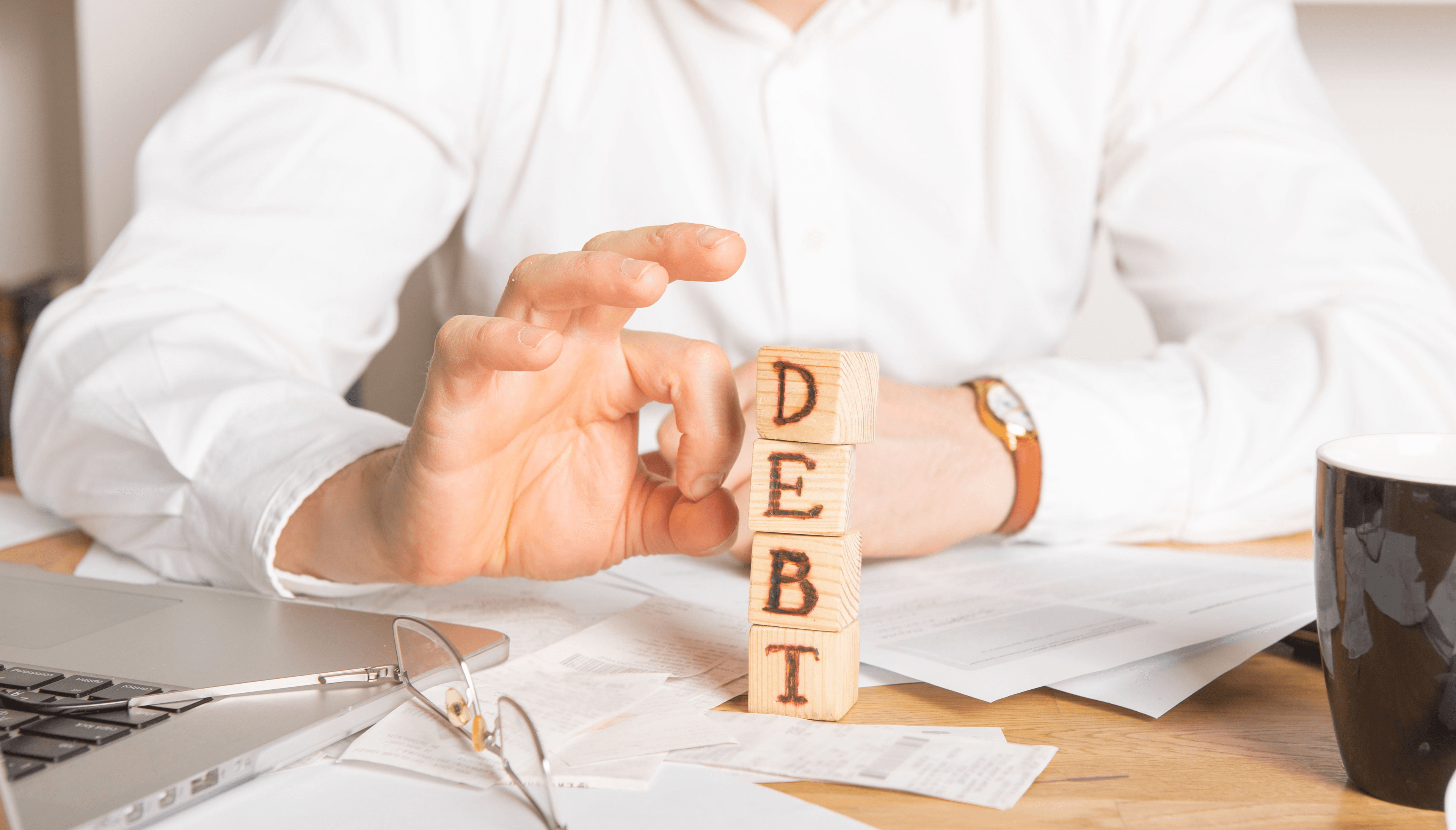
Managing multiple debts can feel like juggling fire—one missed payment and things can quickly spiral. This is where debt consolidation steps in as a great option to regain financial control. If you’re dealing with several loans or credit card bills, debt consolidation can simplify repayment by combining them into one.
Let’s explore what debt consolidation really means, how it works, and whether it’s the right solution for you.
What Is Debt Consolidation?
The process of consolidating several loans into one is known as debt consolidation, ideally with a lower personal loan interest rate. Instead of paying several EMIs to different lenders, you repay just one EMI each month. Debt consolidation not only reduces the chance of missed payments but can also save money on interest.
Typically, borrowers consolidate their debt to pay off credit card dues, education loans, or other unsecured debts.
How Debt Consolidation Works
Imagine you’re paying three loans—each with a different interest rate and repayment date. Managing all three can be time-consuming and stressful. Through debt consolidation, you apply for a new personal loan that covers the total outstanding amount. Once approved, this new loan is used to clear all existing debts. From then on, you make just one EMI payment monthly.
A personal loan EMI calculator helps estimate your monthly outflow based on the loan amount, interest rate, and tenure. It’s wise to use it before applying so you can plan your budget efficiently.
Furthermore, a lot of lenders currently provide quick access to funds via an instant loan app, which streamlines the loan application and tracking process. Kissht, which offers an easy-to-use platform for assessing loan options and EMI plans, is one such example.
Benefits of Debt Consolidation
- Simplified Finances: You can keep track of your monthly responsibilities more easily with only one EMI, one lender, and one due date
- Lower Interest Rates:You could save significantly if your new loan offers a better personal loan interest rate than your previous debts.
- Improved Credit Score: You can keep track of your monthly responsibilities more easily with only one EMI, one lender, and one due date
- Fixed Tenure: You can keep track of your monthly responsibilities more easily with only one EMI, one lender, and one due date
Who Should Consider Debt Consolidation?
You may want to explore debt consolidation if:
- You are managing multiple credit card bills or loans.
- You’re struggling to track different repayment dates.
- Your existing loans carry high interest rates.
- You qualify for better terms through a personal loan.
Factors to Consider Before Applying
Before you apply for a personal loan for debt consolidation, assess these aspects:
-
Loan Terms
Check the repayment tenure, interest rate, and processing fees. Compare various personal loans to find the best match.
-
Terms
Check the repayment tenure, interest rate, and processing fees. Compare various personal loans to find the best match.
-
Use of Tools
Make use of a personal loan EMI calculator to evaluate monthly repayment amounts and understand if it fits within your budget.
-
App-Based Access
An instant loan app can make the loan process faster and more transparent. Apps from reputed providers allow you to track payments, check loan balance, and view EMIs conveniently.
Real-World Application: Using Kissht for Loan Planning
Platforms like Kissht help you compare loans, calculate EMIs, and track your credit journey. Furthermore, its user interface and swift disbursal options make it popular among users looking for instant personal loans online
Common Types of Debt Consolidation Loans
- Personal Loan for Debt Consolidation: Unsecured loans used specifically to combine other debts.
- Credit Card Consolidation Loan: Used to pay off high-interest credit card dues.
- Balance Transfer Loans: These help you move outstanding amounts from high-interest loans to a loan with lower rates.
The type of loan you choose depends on the kind of debt you hold and your repayment ability.
Is Debt Consolidation the Right Option?
Is debt consolidation a good idea? That depends on your financial goals and habits. If you're confident about consistent repayments and aim to reduce interest burden, it's a smart move. But if you continue adding new debts, consolidation might only delay a larger financial problem.
Many borrowers find that debt consolidation offers long-term relief, especially when they combine the right product with improved spending habits.
Final Thoughts
Consolidating your debts can be useful as it offers simplicity, possible interest savings, and a more structured repayment process. With the help of online tools and instant loan apps like Kissht, the process is now more accessible than ever
But remember: consolidation is the beginning of financial discipline, not the end.
FAQs
Can I consolidate all types of debt?
You can typically consolidate unsecured debts like personal loans, credit card bills, and consumer loans.
Will a debt consolidation loan affect my credit score?
At first, your credit score may slightly decline if you apply for a new loan. However, as you start repaying consistently, your score is likely to improve over time.
What is the best personal loan for debt consolidation?
The best loan will have a competitive personal loan interest rate, minimal fees, and flexible repayment options. Always compare offerings using tools like a personal loan EMI calculator before choosing.

Instant Loans at Your Fingertips
Personal Loan
Fast, hassle-free loan for your personal needs.

Business Loan
Fuel your business growth with quick approvals.

Loan Against Property
Unlock your property’s value with ease.

Credit Pulse
Boost your credit score with smart insights.

Track your credit score
Simply enter your mobile number to get a quick overview of your credit score.
Check Now
Related articles

Oct 07, 2025
What is an MSME Loan? Everything You Need to Know
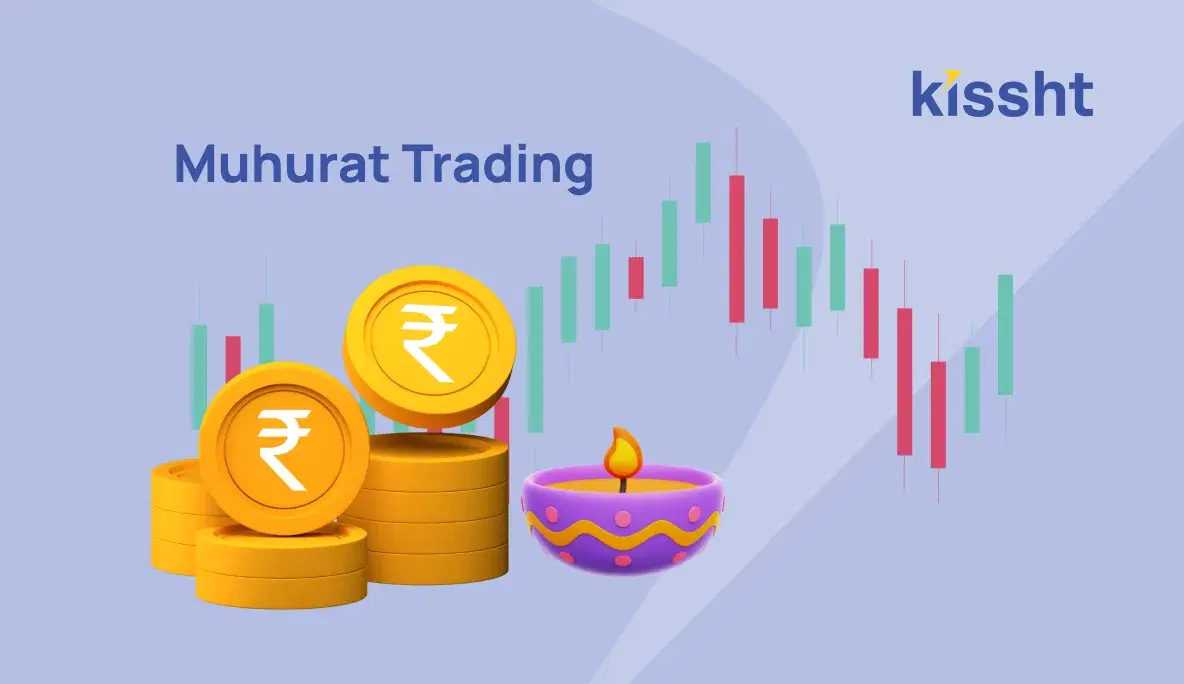
Oct 01, 2025
Diwali Muhurat Trading 2025: Date, Time & Key Market Insights

Sept 12, 2025
What Is Personal Loan Prepayment and How Does It Work?
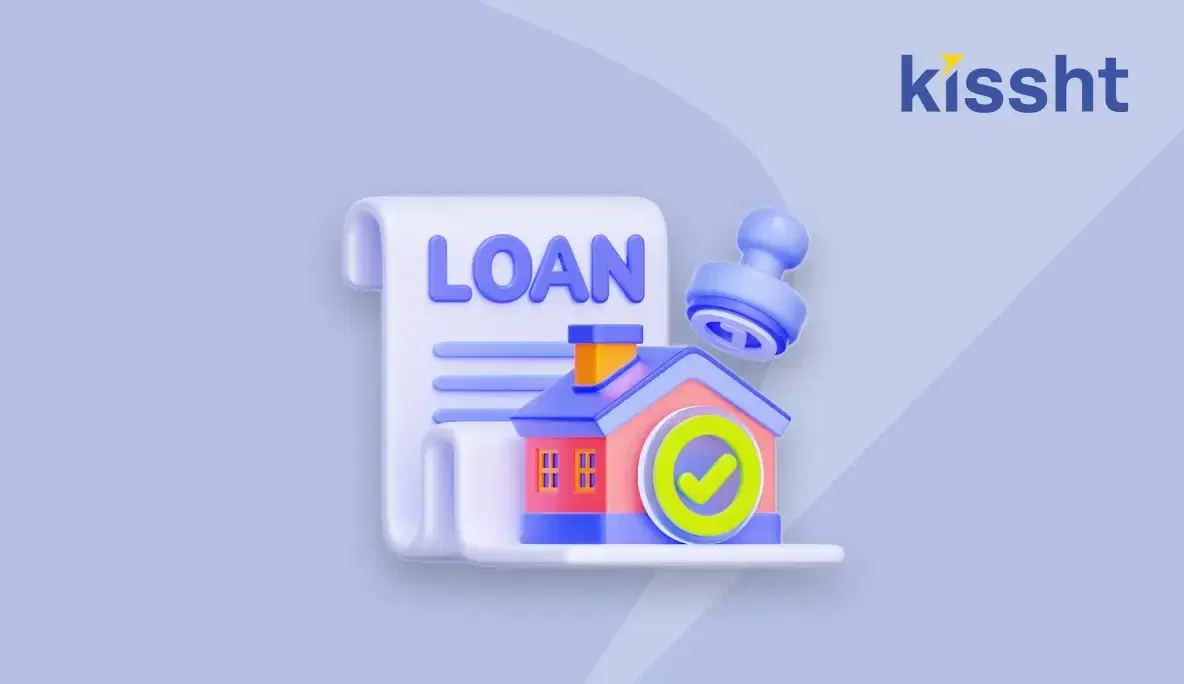
Sept 11, 2025
List of Documents Required for a Loan Against Property
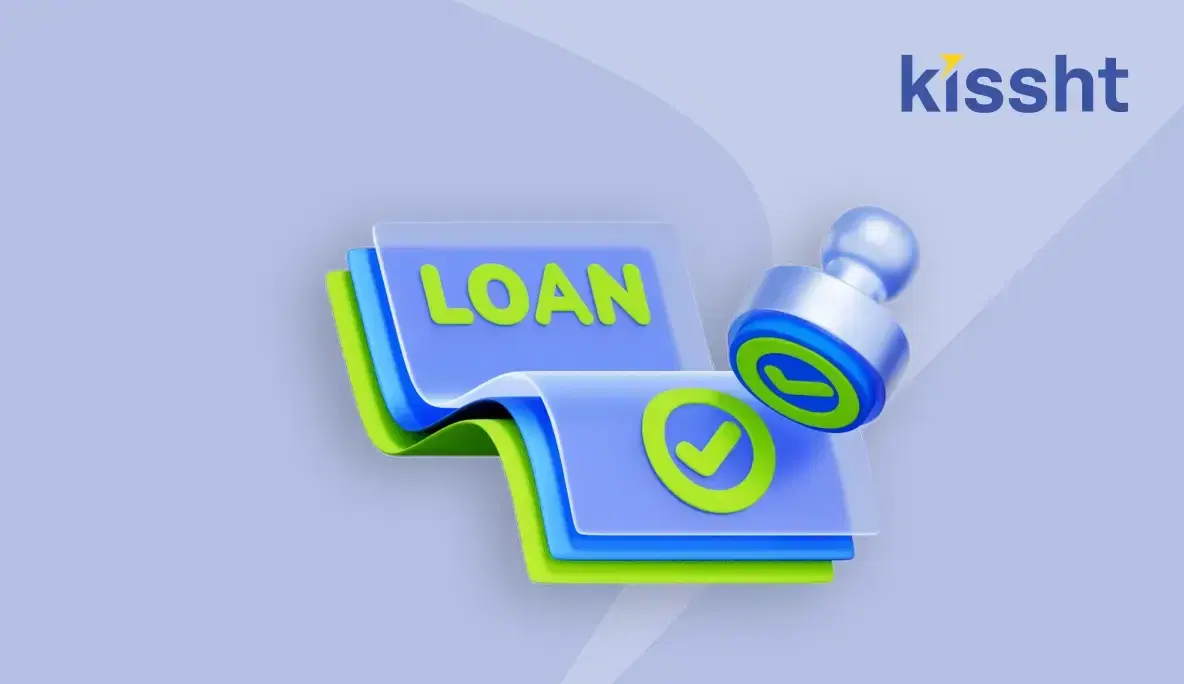
Sept 11, 2025
Mini Loans Explained: How Small Personal Loans Can Help in Emergencies
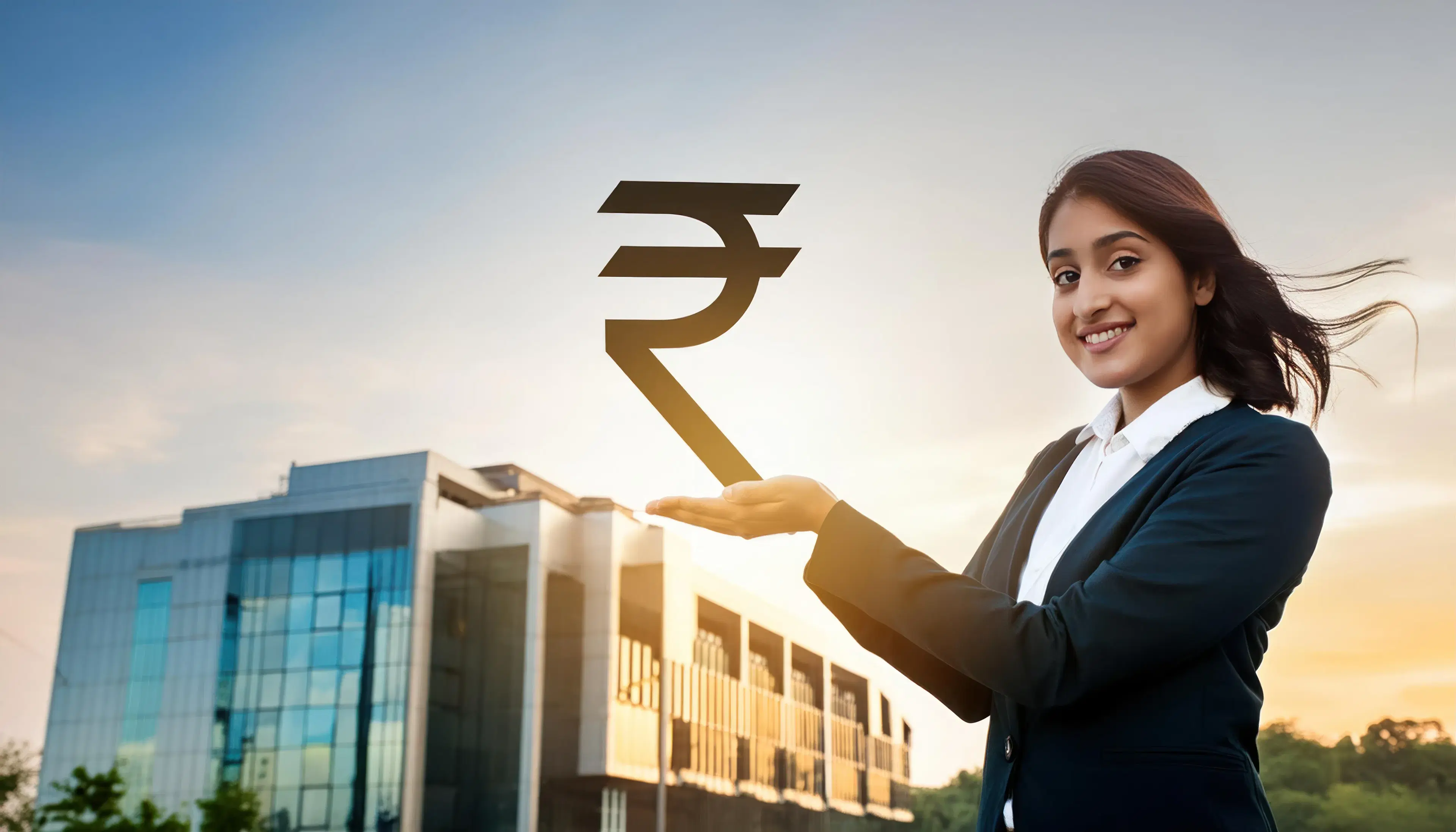
Sept 11, 2025
MSME Loans in India: What Every Small Business Owner Should Know in 2025

Sept 10, 2025
Money Saving Tips for Middle-Class Families in India

Sept 08, 2025
CGTMSE Full Form Explained: Credit Guarantee Fund Trust for Micro and Small Enterprises

Sept 08, 2025
Best Safe Loan App for Instant Personal Loans in India

Sept 05, 2025
List of Profitable Food Business Ideas to Start in India

Sept 05, 2025
PM Vishwakarma Yojana - Benefits, Eligibility and Know How to Apply?
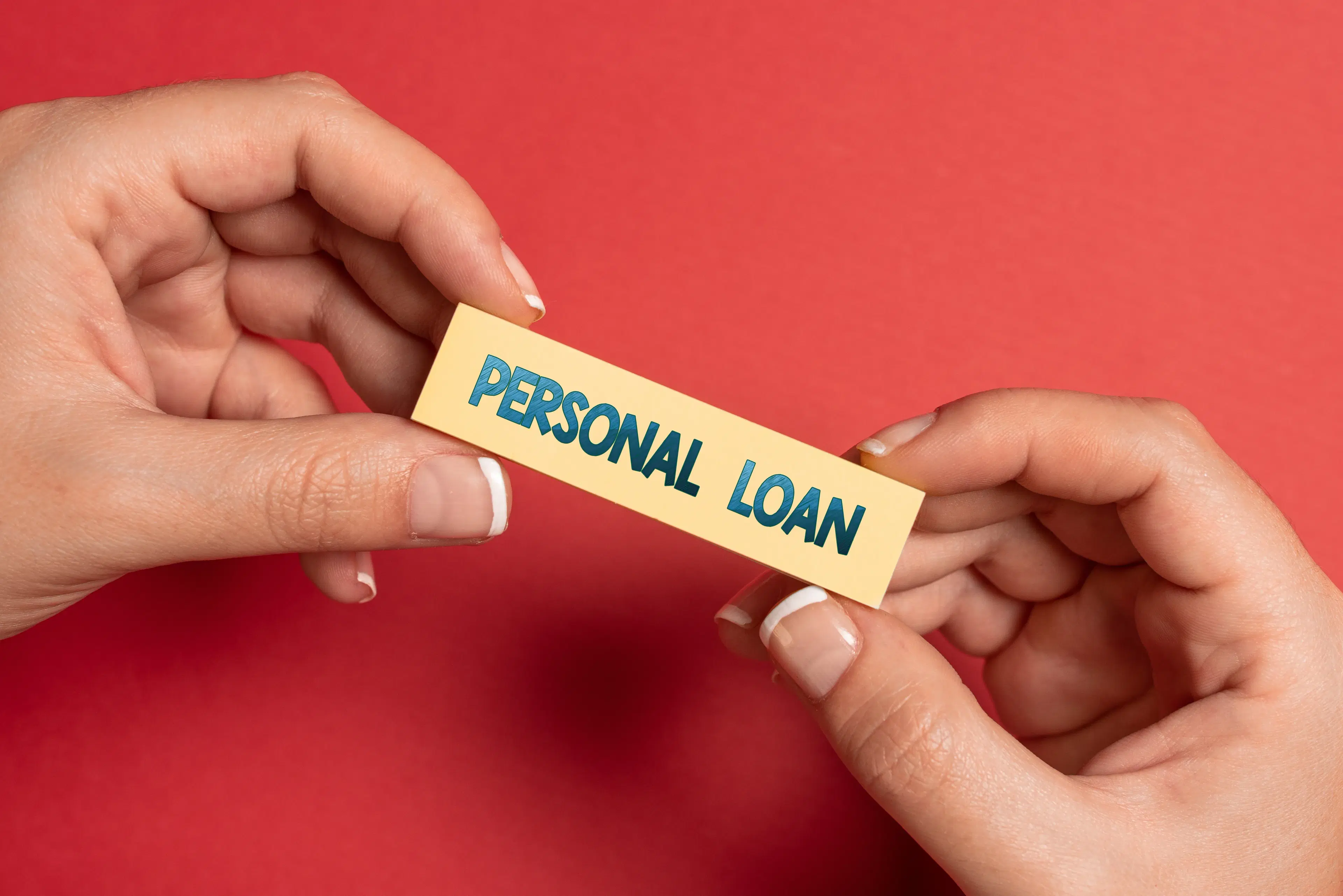
Sept 2,2025
